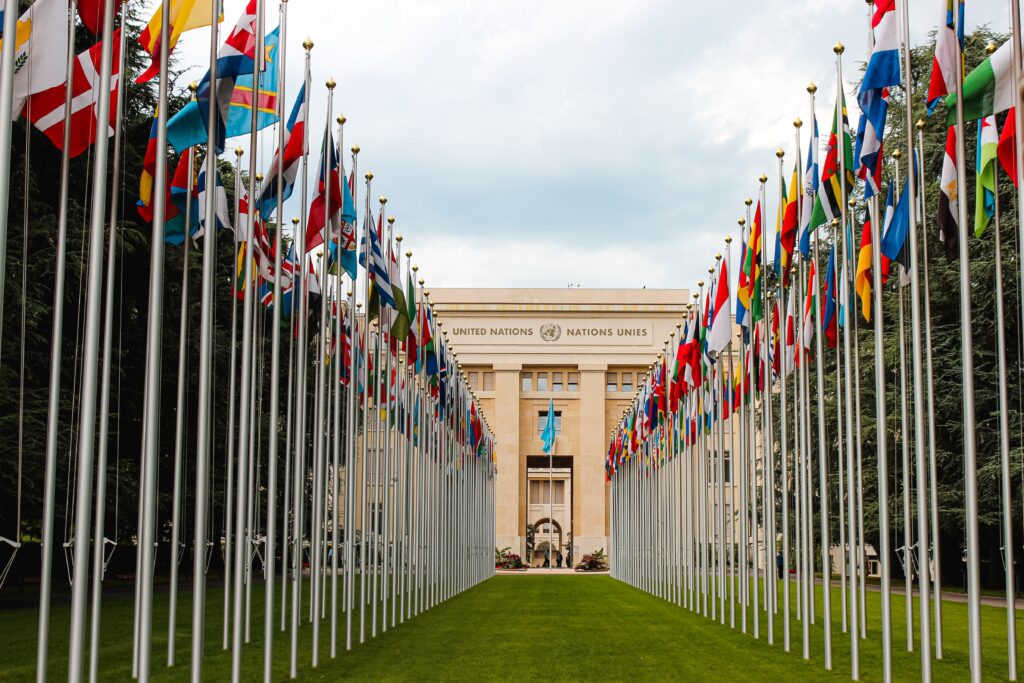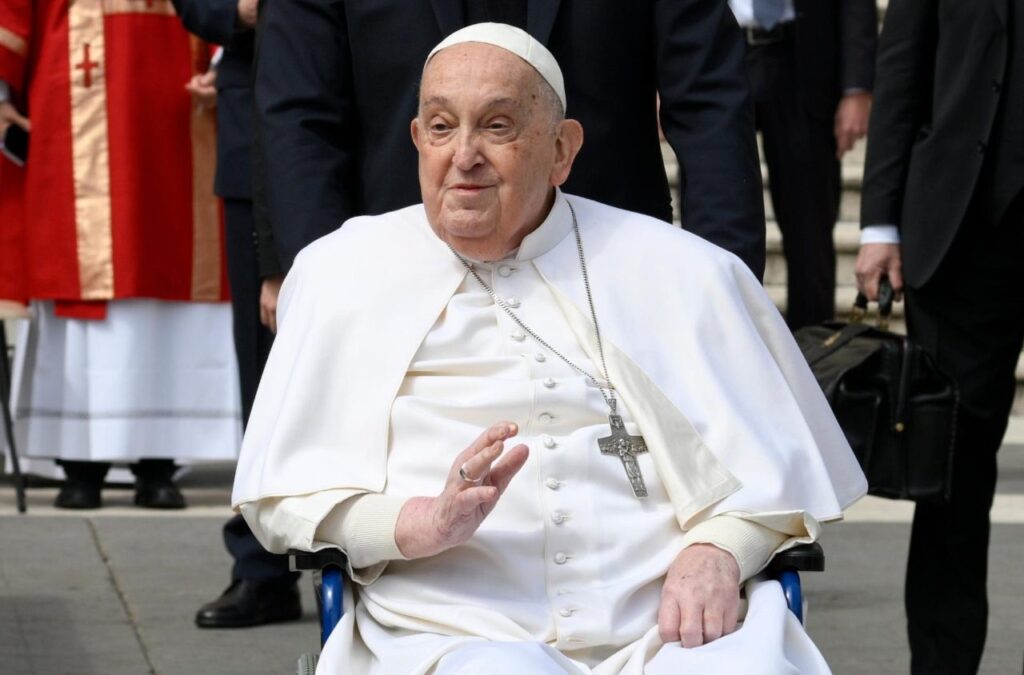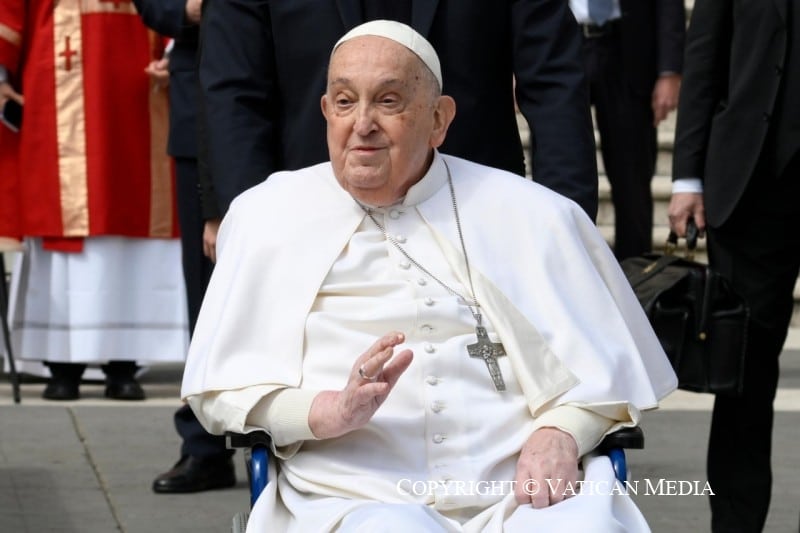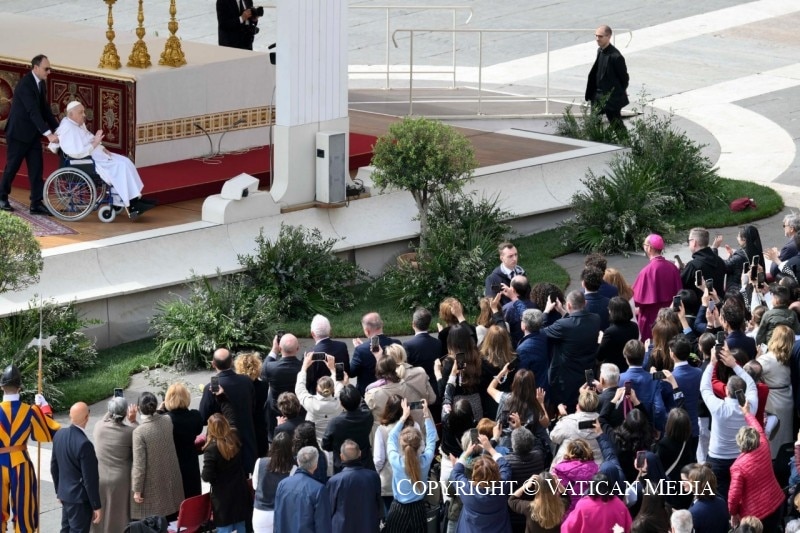Francis: The commitment to human rights is never ending
The Pope recalled the World Day dedicated to the signing of the Declaration of Human Rights, while expressing his closeness to those who struggle to defend those who "do not count"

“Seventy-five years ago, on 10 December 1948, the Universal Declaration of Human Rights was signed. It is like a road map, on which many steps forward have been taken, but there are still many more to be taken, and sometimes, unfortunately, we go backwards”. With these words, the Pope opened his customary address after the Marian prayer of the Angelus. Indeed, today marks the International Day of Human Rights, which he brought together in the declaration, which remains an inalienable instrument for building a freer, more egalitarian, and just world, as well as a compass for responding to the challenges generated by conflicts, poverty, climate change, and new technologies.
“The commitment to human rights never ends. In this sense, I am close to all those who, without proclamations, daily, fight and pay in person to defend the rights of those who do not count”.
An indispensable document for coexistence
“All human beings are born free and equal in dignity and rights,” reads the first article of the Declaration, signed in Paris by 48 member states of the then-newly created United Nations. The UN Declaration – consisting of 30 articles protecting various dimensions of the human person, from equality before the law to the prohibition of slavery and torture to the right to work, family, and education – although not formally an international treaty or legally binding in itself, is the basis of international humanitarian law and has inspired and provided the framework for more than 70 humanitarian treaties still in force.
Ending wars, divisions, poverty…
Seventy-five years after its signing, wrote UN Secretary António Guterres, the Declaration remains “a roadmap to help end wars, heal divisions and promote a life of peace and dignity for all”. However, the UN Secretary reiterates, the world is losing this roadmap. “Poverty and hunger are increasing. Inequalities are worsening” and “authoritarianism is on the rise”. Today it is more important than ever to promote and respect all human rights – social, cultural, economic, civil and political – that protect us all”, he stresses, recalling also the importance of achieving gender equality and that the climate crisis “is a human rights crisis that hits the most vulnerable hardest”. He, therefore, calls on “people everywhere to promote and respect human rights, every day, for everyone, everywhere”.
Related

Pope Francis in active recovery: preparing the meditations for the Stations of the Cross while delegating the liturgies of the Triduum
Exaudi Staff
16 April, 2025
2 min

Francis Promotes Spiritual and Pastoral Renewal in Vatican Diplomacy
Exaudi Staff
16 April, 2025
8 min

Palm Sunday: “Father, into your hands I commend my spirit”
Exaudi Staff
13 April, 2025
2 min

“Jesus’ passion becomes compassion when we reach out to those who can no longer bear it”
Exaudi Staff
13 April, 2025
5 min
 (EN)
(EN)
 (ES)
(ES)
 (IT)
(IT)

